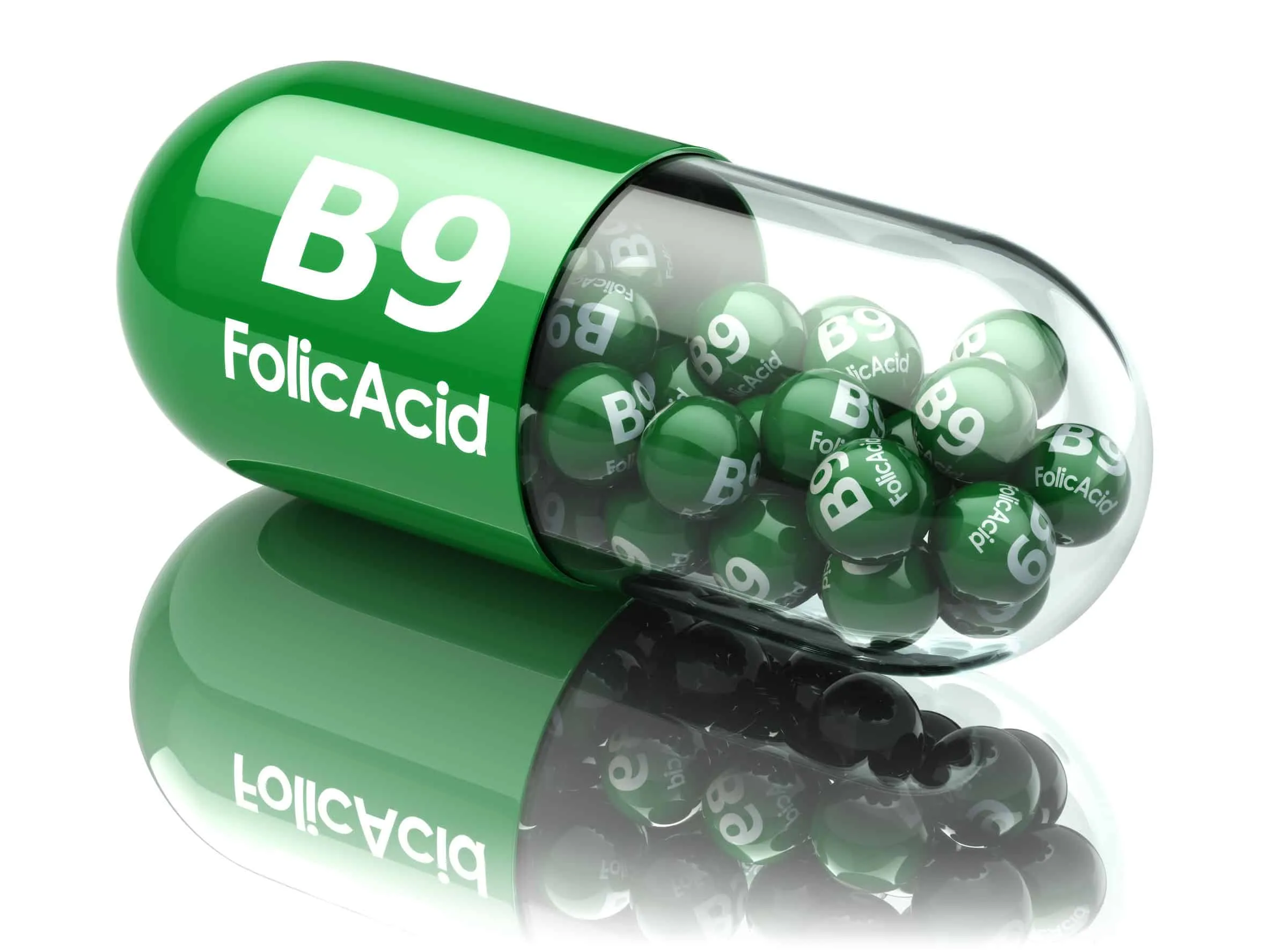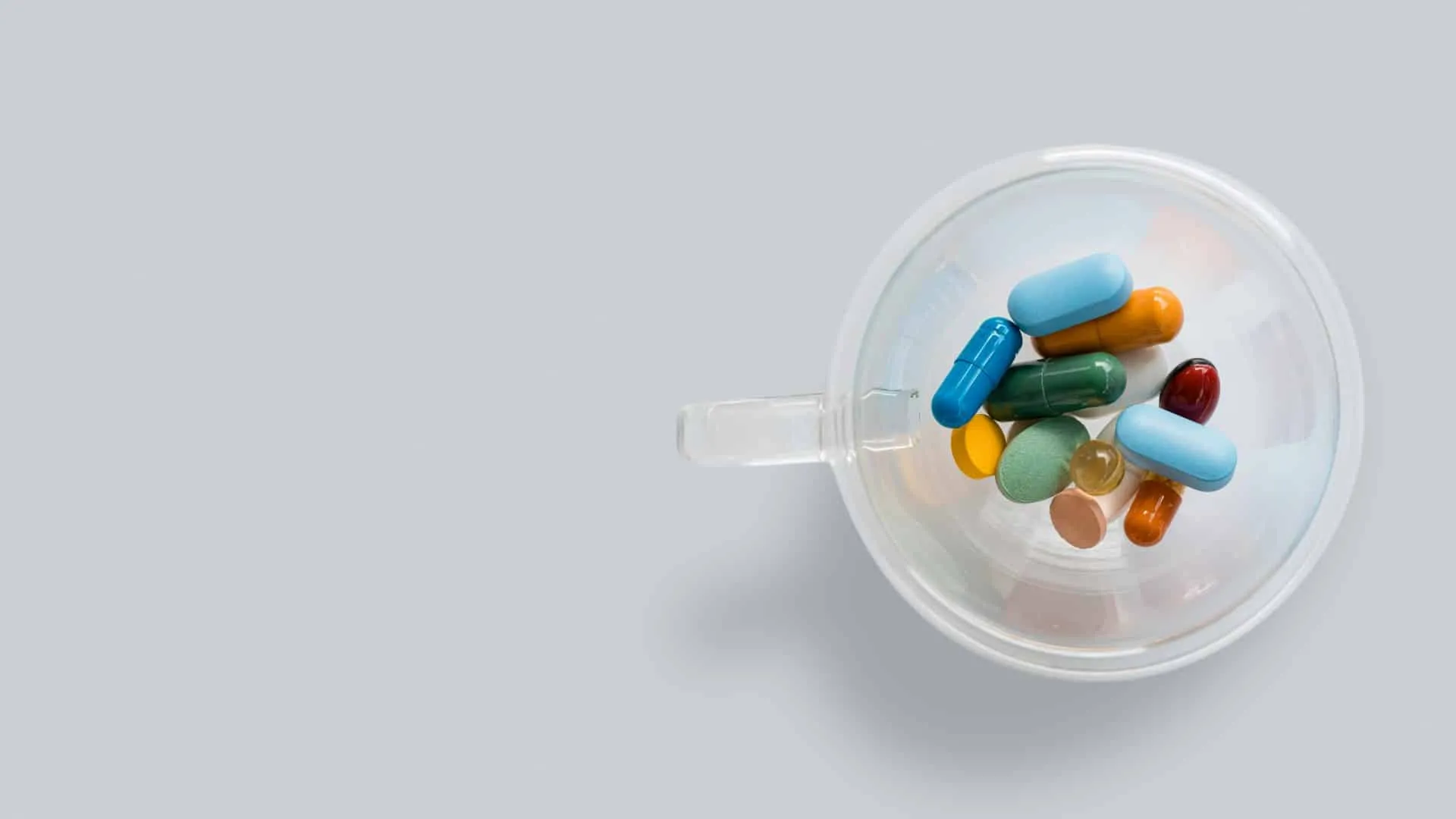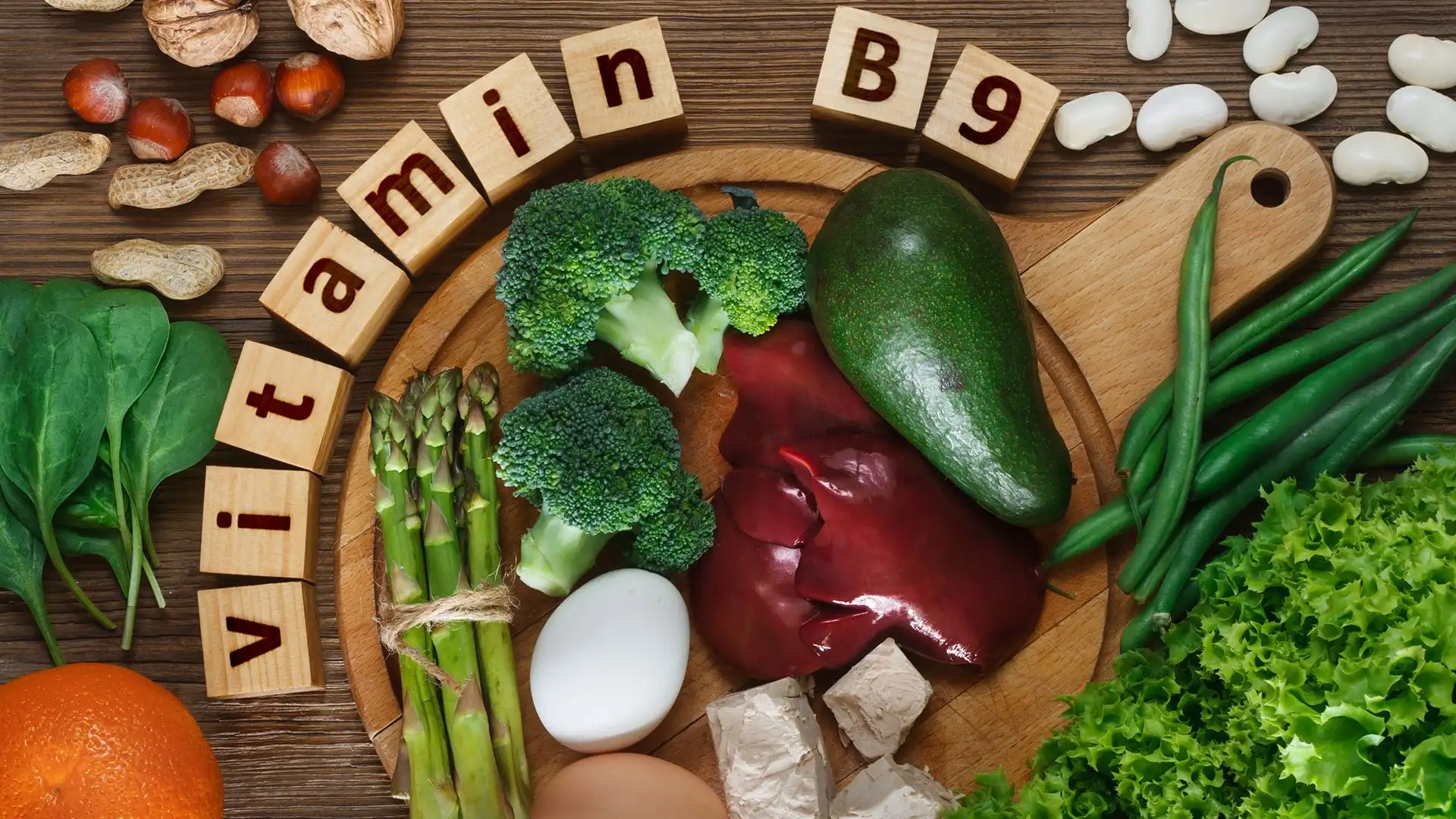Folic acid, also known as vitamin B9, is a very important nutrient for the body, especially for pregnant women.
You’ve most likely heard about folic acid. Also known as metifolate, folate or vitamin B9 from complex B, folic acid is present in several foods in our daily diet. Therefore, folate occurs naturally in food, and what we call folic acid is its synthetic form, which is commonly used in various medicines.
Folate, in turn, is an essential substance for several functions of our body. Among them we can mention the synthesis and repair of DNA, the division of cell growth, in addition to the production of proteins and the formation of red blood cells. Therefore, folic acid is very important for the proper functioning of the cardiovascular and nervous system.
In the case of pregnant women, this vitamin is even more necessary. This is because regular consumption of folic acid contributes to the development of the fetus during pregnancy. Mainly before conception and during the first months of pregnancy.
Therefore, let’s better understand what folic acid is, its benefits and how to take this vitamin.
Folic acid

The first time folic acid was identified was in the 1940s, being extracted from spinach. Since then, it has been studied to understand more about its importance for the body. And as the body cannot store this vitamin for a long time, it needs to be replenished daily. Because it is constantly used to produce blood cells, heal wounds and “manufacture” muscles, among others.
And more than that, folic acid is essential for the formation of DNA and RNA, which ensures that cells duplicate themselves correctly. And this is even more important during the fetal development phase, as it contributes to the production of fundamental chemicals for the brain and nervous system.
Folic acid in pregnancy

Therefore, folic acid is one of the essential nutritional elements during pregnancy, essential for the health and good formation of the baby. This vitamin is responsible for reducing the risk of deficiency in the fetus, especially in the brain and spine, known as neural tube deficiency.
The neral tube, in turn, forms in the brain and spinal cord of the fetus in the first month of pregnancy. Therefore, it is during this period that there is a greater probability of having a deficiency. This is why folic acid is often recommended for pregnant women. In fact, the ideal is to increase your intake of this vitamin two months before conception and maintain it during the first three months of pregnancy.
Maintaining correct folic acid levels during this period considerably reduces the risk of serious birth defects.
Benefits of folic acid

Furthermore, folic acid also brings several other benefits to the body. Such as:
Good for skin, hair and nails
Folic acid can be especially beneficial for your skin, hair and nails. This is because all the B vitamins, including folate, help with hair and nail growth, and help combat acne and dermatitis. In addition to promoting a brighter and healthier appearance for the skin, as it controls oiliness.
Improves immunity
B complex vitamins such as folic acid are very effective in strengthening the immune system, which prevents various diseases and infections.
Good for the brain
In addition to contributing to the development of the fetus, folic acid is also very important for good brain function. In this way, it plays an important part in cognitive capacity.
Depression treatment
Studies already show that around 40% of depression cases are related to folate deficiency in the body. And this is explained by the fact that folate acts as a cofactor in the production of serotonin, a neurotransmitter responsible for good mood. Therefore, maintaining regular folic acid levels can help reduce the main symptoms of depression.
Good for the heart
Combined with vitamins B6 and B12, folic acid can form a coenzyme that reduces homocysteine levels in the body. Homocysteine is an amino acid that in large quantities can affect the cardiovascular system and the heart. Therefore, it can prevent cellular repair in the organ. In addition to increasing the chances of hardening of blood vessels, which results in increased blood pressure.
Good for bones
High levels of homocysteine also contribute to the onset of osteoporosis, regular intake of folic acid helps keep bones fortified.
Foods with folic acid

Several common everyday foods contain vitamin B9. Dark leaves are rich in folic acid, especially spinach, broccoli, kale, lettuce and parsley. In fruits, melon, watermelon, strawberry, orange, avocado, mango, among others, are also sources of this vitamin. Grains such as lentils and beans, whole grains, mushrooms, eggs, brewer’s yeast and wheat germ are also sources of this important nutrient.
With so many options, it’s not very difficult to include this vitamin in your daily diet. However, just a regular diet is not enough to fully meet the body’s need for folate. Therefore, the ideal is to combine a healthy diet with a multivitamin supplement with folic acid. Because the supplement will be more easily absorbed by the body.
Optimal quantity

When the level of folate in the body is very low, it can increase the risk of heart disease and other problems. Therefore, the Ministry of Health determines an ideal amount of folate consumption to maintain balanced levels.
- For balanced health and prevention of heart disease, a daily dose of 400 to 800 mcg is sufficient.
- For women who want to get pregnant, a daily dose of 800 mcg is ideal.
- For people with depression, a dose of 400 mcg per day is indicated as part of a B complex supplement.
Consuming even excess folate in your diet does not cause any type of health problem. Because it is a water-soluble vitamin, therefore the excess is eliminated naturally through urine.
However, using supplements in excessive doses of folic acid can cause digestive problems, stomach pain, nausea and skin reactions. Therefore, consuming more than 5000 mcg per day can be harmful to your health, as well as dangerous.
Anyway, what did you think of this article? Take the opportunity to also check out vitamin E for your skin and hair.
Sources: Huggies Seleções Minha Vida
Featured image: Genesis
Images: Review Box Bebê Minuto Saudável Super Club Fit Quem Owl

Sign up for our newsletter and stay up to date with exclusive news
that can transform your routine!
Warning: Undefined array key "title" in /home/storelat/public_html/wp-content/plugins/link-whisper-premium/templates/frontend/related-posts.php on line 12
Warning: Undefined array key "title_tag" in /home/storelat/public_html/wp-content/plugins/link-whisper-premium/templates/frontend/related-posts.php on line 13



